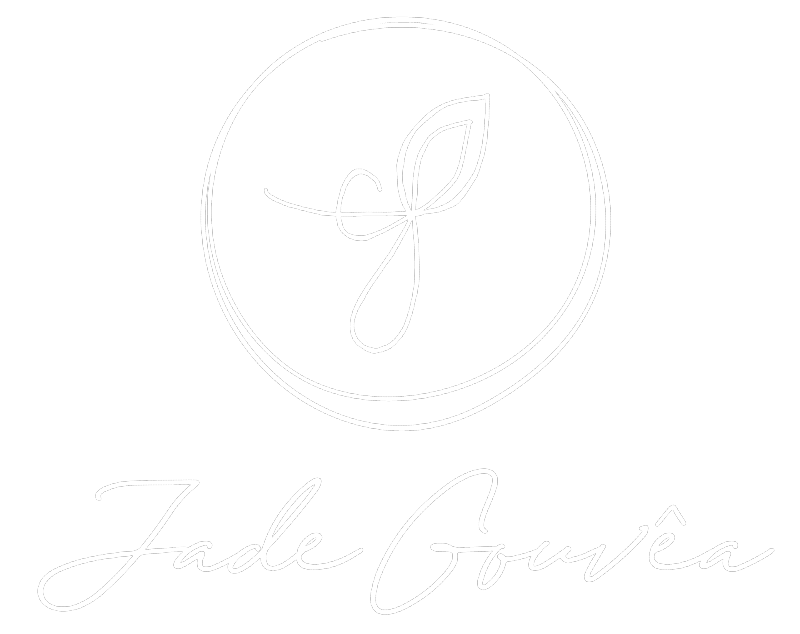Can i Sell my Replica Rolex?
IntroductionReplica Rolex watches are counterfeit copies of genuine Rolex watches that are often sold at a fraction of the price of the authentic product. While these replica watches may look similar to the real thing, there are legal implications to consider when purchasing and selling them. In this article, we will explore the legality of replica Rolex watches and the potential consequences of owning or selling them.
Legality of Replica Rolex WatchesIn most countries, the production and sale of counterfeit goods, including replica Rolex watches, is illegal. This is because these products infringe on the intellectual property rights of the brand owner, in this case, Rolex. Counterfeiting is a form of trademark infringement and is considered a serious offense under intellectual property law.
The sale of replica Rolex watches is also illegal because it constitutes false advertising. By selling these counterfeit products, sellers are misleading consumers into believing they are purchasing genuine Rolex watches, when in fact they are purchasing fakes. This deceptive practice is not only unethical but also illegal.
Consequences of Owning Replica Rolex WatchesWhile owning a replica Rolex watch may seem harmless, there are potential consequences to consider. In some countries, possessing counterfeit goods, including replica Rolex watches, can result in fines or even criminal charges. Law enforcement agencies may seize the counterfeit products and take legal action against the individuals who own them.
On a broader scale, the trade in counterfeit goods has serious economic implications. Counterfeiting not only harms legitimate businesses like Rolex by undercutting their sales and tarnishing their reputation, but it also contributes to a loss of tax revenue for governments. The sale of counterfeit goods robs governments of revenue that could be used for public services and infrastructure development.
Furthermore, owning replica rolex replica vs real watches undermines the value of the genuine product. Rolex watches are renowned for their quality, craftsmanship, and exclusivity. The presence of counterfeit versions diminishes the brand’s prestige and can erode consumer confidence in the authenticity of Rolex watches.
Consequences of Selling Replica Rolex WatchesSelling replica Rolex watches is even more serious than owning them. In addition to the legal penalties for trademark infringement and false advertising, sellers of counterfeit goods can face civil lawsuits from the brand owner. Rolex, like many luxury brands, vigorously protects its intellectual property rights and takes legal action against counterfeiters.
In some cases, sellers of replica Rolex watches may also be involved in organized crime networks that engage in the production and distribution of counterfeit goods. These criminal enterprises can be involved in a range of illegal activities, including money laundering, drug trafficking, and human trafficking. By selling replica Rolex watches, individuals may unknowingly be supporting these criminal networks.
ConclusionIn conclusion, the sale and ownership of replica Rolex watches are illegal activities with serious consequences. Counterfeiting is a form of trademark infringement and false advertising that harms legitimate businesses like Rolex and robs governments of tax revenue. Furthermore, owning counterfeit goods undermines the value of the genuine product and can erode consumer trust in the brand.
It is important for consumers to be aware of the legal and ethical implications of purchasing replica Rolex watches. By choosing to support authentic brands and purchase genuine products, consumers can help to combat counterfeiting and uphold the integrity of the luxury goods industry. Remember, if a deal seems too good to be true, it probably is.


